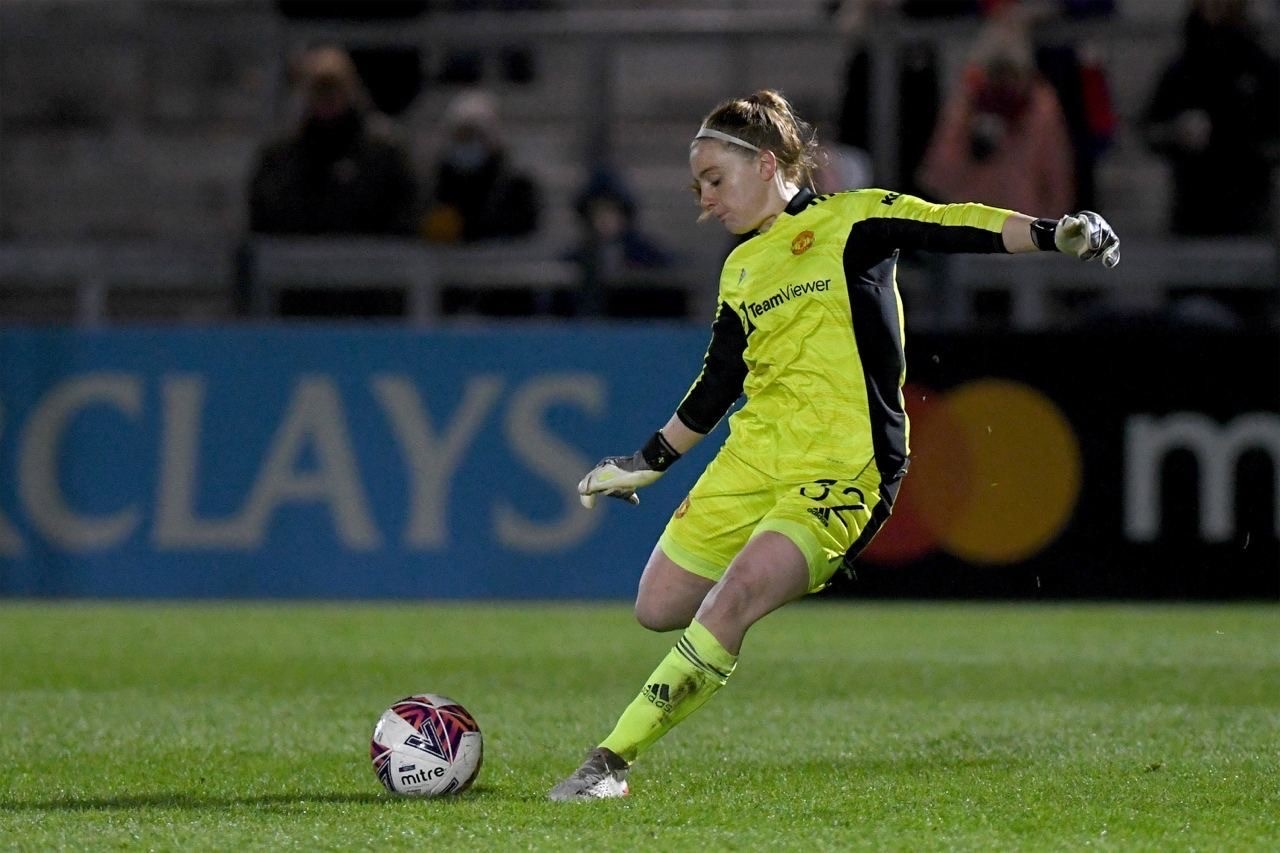International Women's Day
Celebrating International Women's Day, 8 March 2022
International Women's Day celebrates women's social, economic, cultural & political achievements across the world. The theme for this year's International Women's Day is #BreakTheBias. Hear from our team on what bias means to them, and some thoughts on how we can all advance gender parity in sport and within anti-doping.
Jane Rumble
Incoming UKAD Chief Executive

What biases have you faced?
Early on in my career, I often found myself as the only woman in the room, and had to find ways to break into the conversation, needing to battle to have my views heard. The dynamics have changed considerably for the better since then. With an increased focus on EDI in the workplace, there are now more women in leadership position with a seat at the table and more voices and perspectives being heard.
How do you tackle those biases?
Mentoring is one of the ways to help to build a level playing field. I’ve worked with inspiring women, role models who have mentored and encouraged me in my career to have the confidence to stretch myself and to take on new challenges. In turn, I have enjoyed working with mentees, seeing them go from strength to strength and succeed in their ambitions.
Throughout my working life, I have strived to build an inclusive workplace culture where everyone feels happy to participate and contribute to the success of the organisation. There’s always more to do. I’m looking forward to joining the UKAD team to work together to continue to build a diverse and inclusive workforce and a culture that values openness, fairness and transparency.
Claire Marie-Roberts
UKAD Board Member
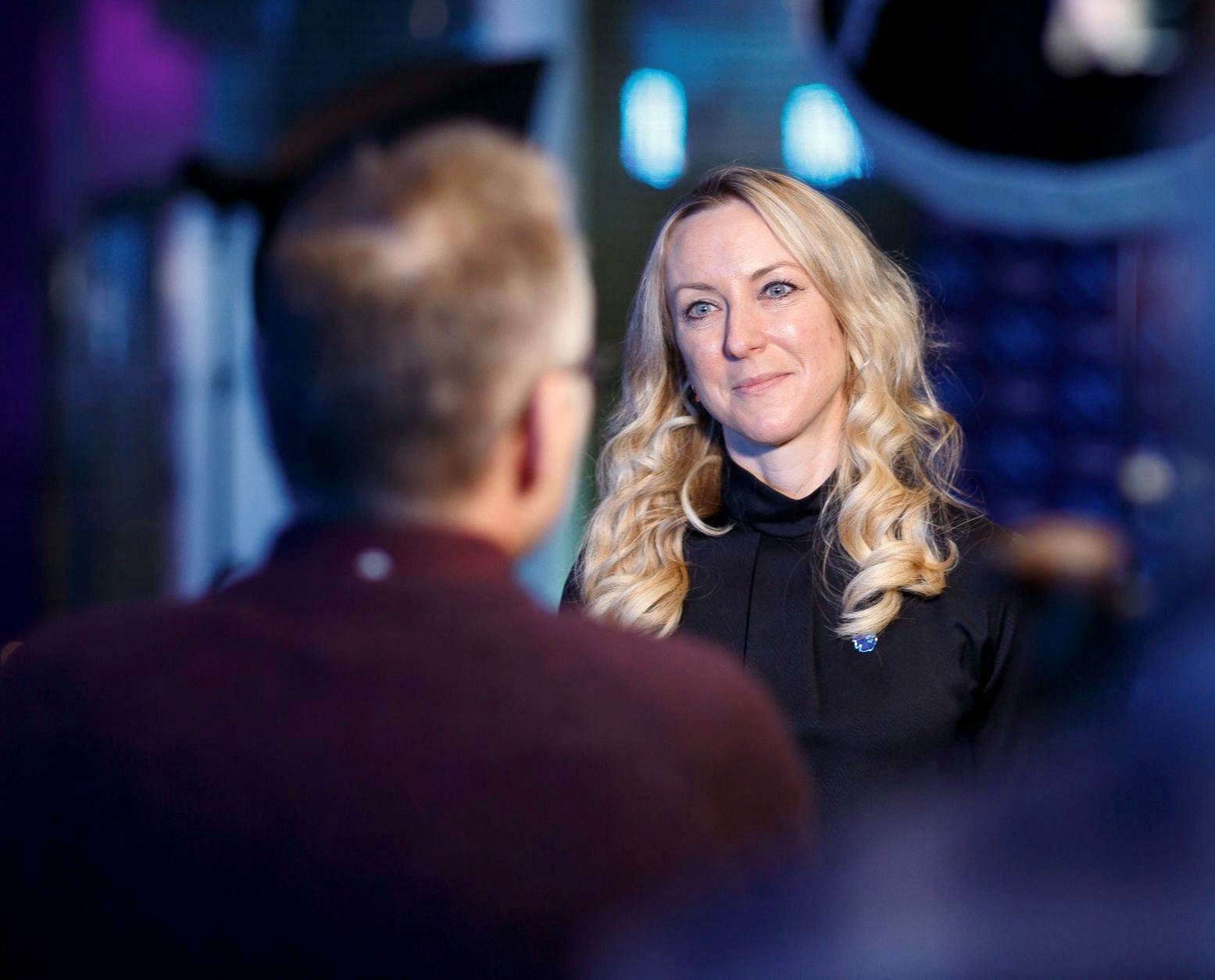
What does ‘breaking the bias’ mean to you?
Breaking the bias involves challenging harmful stereotypes directed at and bestowed on women and recognising that there is more diversity within the population of women than exists between women and men. Breaking the bias involves not assuming, and judging, but taking time to understand the individual in front of you.
What biases/stereotypes have you faced during your career?
I work in male professional football - in this environment some people may assume that women do not possess the same level of knowledge about the game as men. This can involve the need for more time to establish credibility. Additionally, many people automatically assume that I work in, and represent the women’s game. In my experience, these biases are held by both men and women alike.
When considering biases and stereotypes (whether conscious or unconscious), it is important to acknowledge that we all face them in the course of our work. I believe that by keeping an open mind and appreciating the individual in front of us, we can challenge the unhelpful tendency to try to label and define people – not just according to their sex, but also their race, age, sexuality, disability etc..
How do you hope to break those biases going forward? Or what could others do to help tackle these?
I have always enjoyed and have been motivated by challenges in my professional environment. If someone holds a judgement about me, or is biased towards me, I see that as an issue with their perception, rather than a problem that I am obliged to solve. I hope that through working with me, any inaccurate judgements are quickly challenged.
What do you think are the common biases/ stereotypes when it comes to anti-doping and how do you think we can overcome/challenge those?
It’s widely acknowledged that doping in sport is inextricably linked to gender stereotypes – especially around the link between muscularity and sports considered to be “masculine” and the perception that women athletes generally need “skill not strength”. Clearly, this approach runs the risk of ignoring the reality of doping behaviour which is also influenced by a number of other variables including sport-specific physical demands and cultural norms. Although common biases and stereotypes are a broader societal issue, sport is well-placed to challenge this collective thinking through strong athlete role-modelling.
Bernice Wilson
UKAD Athlete Commission
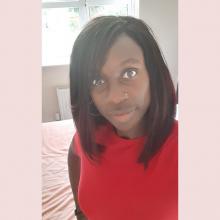
What does 'breaking the bias' mean to you?
Breaking the bias means to me equal opportunities and fairness when it comes to women. Sometimes within our jobs, women aren't taken seriously and may be descriminated against resulting in lower paid jobs than men. To overcome this barrier I would recommend listening to women and knowing their stories and recognising the hard work they put in. In regard to female athletes, in some sports they will be paid less and their knowledge may not be taken seriously when it comes to anti-doping. I like to share my knowledge on anti-doping in the hope I help other women. #BreakTheBias for me, means about being fair.
Jo Calvino
UKAD Athlete Commission
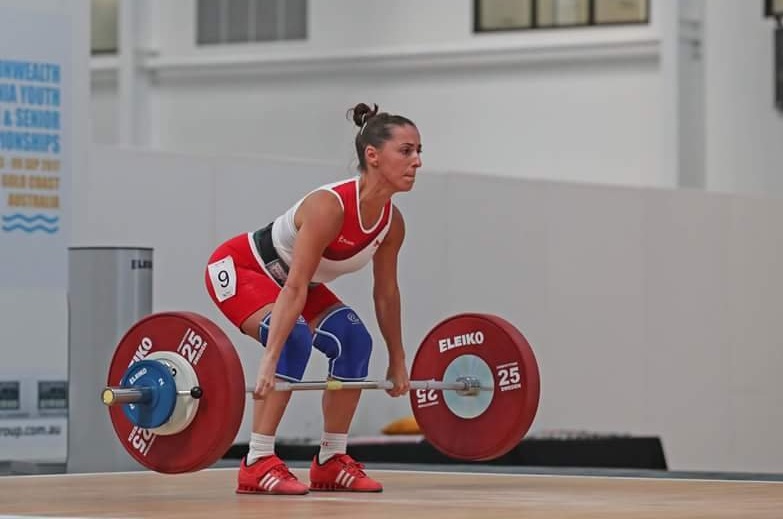
What does 'breaking the bias' mean to you?
I think breaking the bias for me is making sure that we have women not only represented on the world stage of performance but within coaching, governance, leadership and sitting around those tables.
How has your sport changed?
I had to prove myself, as a young female, that I could actually do my sport and was hungry and driven as the next boy within the team. I used that to fuel my motivation and energy to make sure I was accepted and brought into the sport. I think sport has definitely changed more so now, and definitely in the sport of weightlifting where we now see women being more successful on the global stage. I think we have really upped the game in terms of athleticism, being accepted in the sport not just nationally but I think, internationally. I think promoting female success in sport performance or the work they are doing behind the sport is important.
Sophie Baggaley
UKAD Athlete Commission
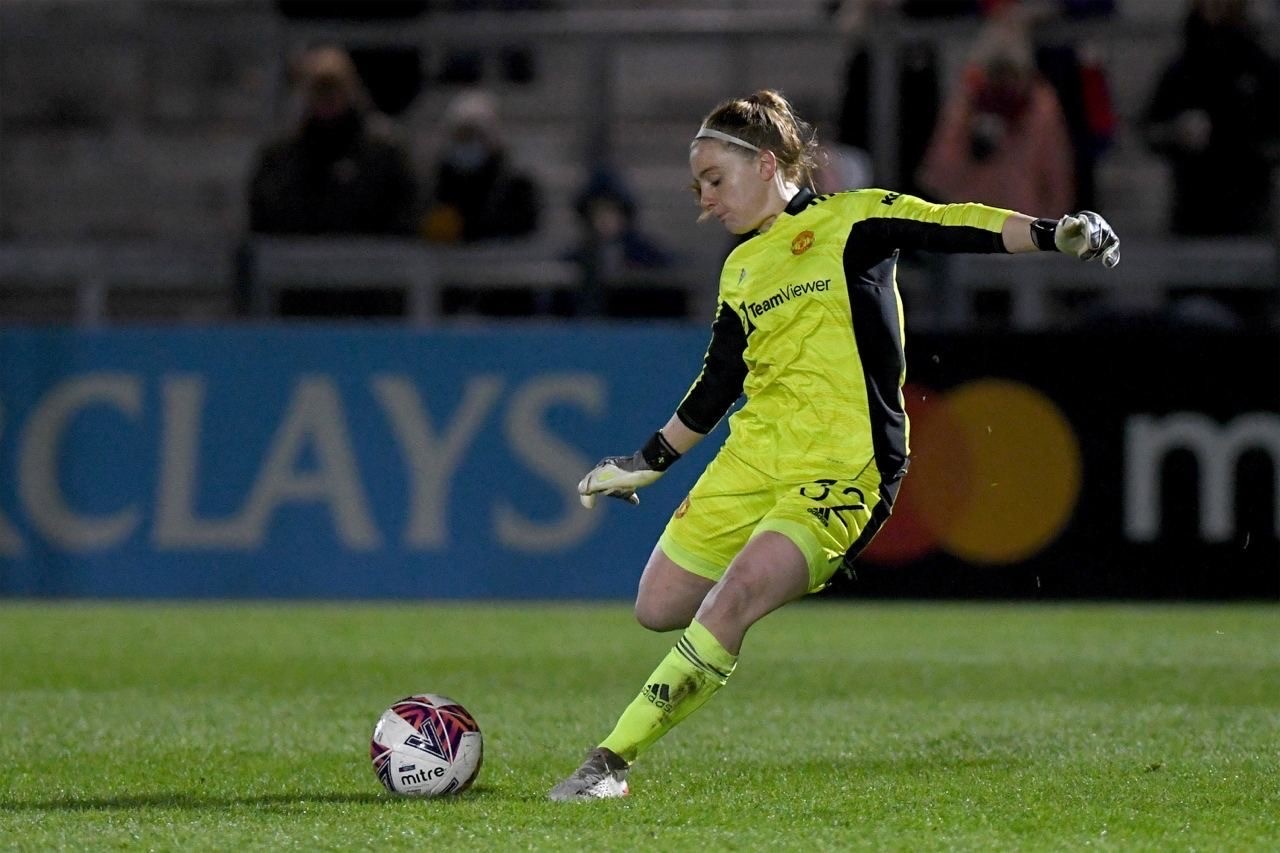
How much has the women’s game changed since you were young?
Being a woman footballer in my time has meant I've been able to see a big shift in attitudes towards the woman’s game. When I was much younger there weren’t really any women’s teams that I was aware of. I used to play with the boys when I was younger. Now if you look at the young girls coming through there is whole academy system, there are female coaches, and it has all taken off in the last few years. Big business investments have started to happen too with people now interested in investing in the women’s game. This all marks a massive change and step in the right direction, and it has been great to be a part of.
Who are your role models?
My main role models, especially as there weren’t so many women in the game as a youngster, would be my parents – they put me first, their values helped keep me on the right track.
How do you hope to break/ tackle those biases going forward? Or what could others do to help tackle these?
The game has improved massively over the last 10 years and to think where it could be on another 10 is exciting. The stigmas we face aren’t what they used to be, but they are still there. There isn’t a quick fix, but I think we need to continue to be role models and push for increased standards all the time - this will lay the path for the next generation to do the same.
#BreakTheBias and join the conversation for International Women's Day online. Follow along on UKAD's Instagram and Twitter pages.

